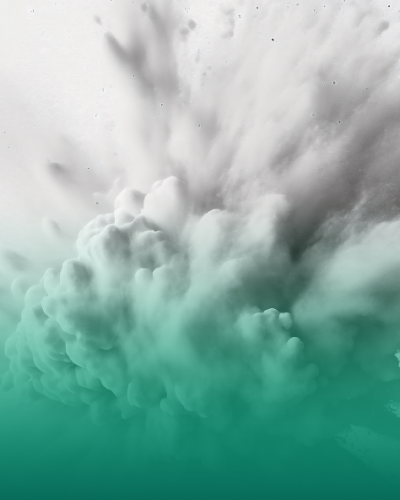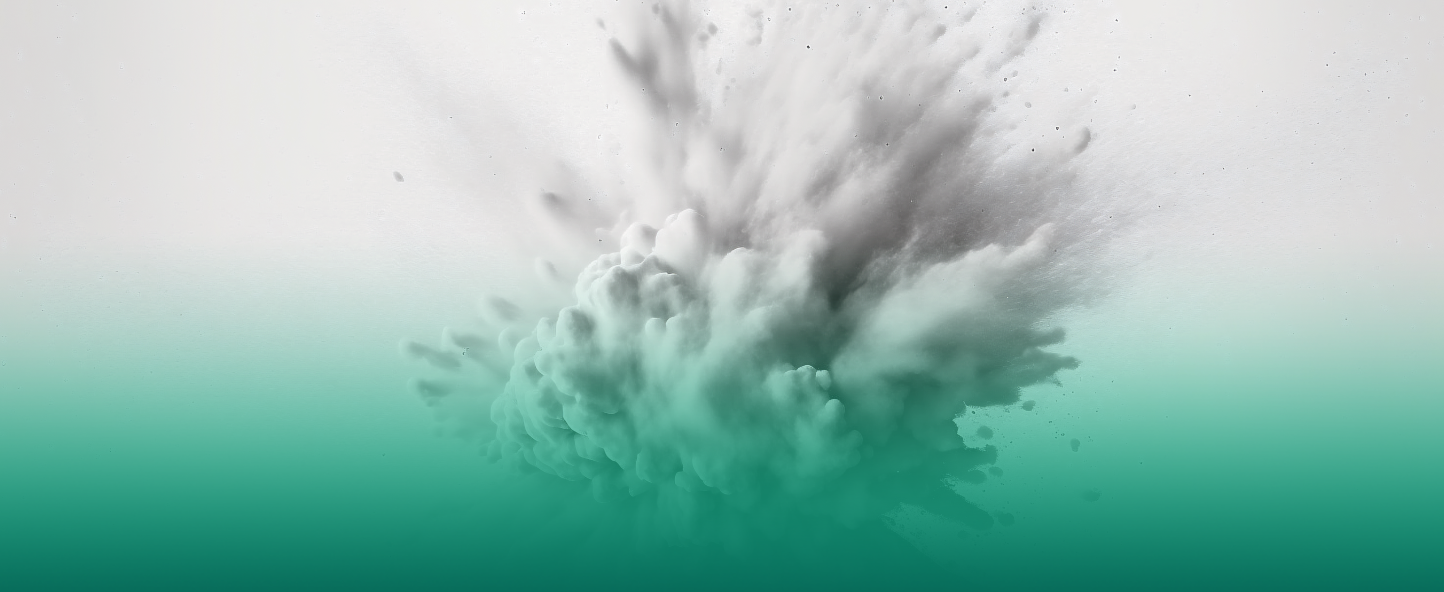Many of us have ideas about how to properly deal with dust in the house. However, some statements may be incorrect. Let’s look at the most common myths and facts about dust control.
Myth: It’s best to wipe off dust with a wet cloth
This statement turns out to be wrong. Instead, use an antistatic microfiber cloth, which attracts dust like a magnet.
Myth: Curtains accumulate the most dust
In fact, dust can accumulate not only on curtains, but also on surfaces that are not usually associated with dust, such as televisions and laptops. Electrostatic attraction causes these surfaces to attract dust.
Fact: Open windows allow more dust to enter your home
Open windows do allow dust to enter the room, especially if it is located near polluted streets or construction sites. Regularly ventilating the area can help reduce dust levels.
Myth: Dust makes us sick
While small dust particles are not a direct health threat, dust mites, which can live in dust, are a danger. They may cause allergic reactions in some people. But those who do not have dust allergies (dust mites) will not have any symptoms. The disease occurs due to bacteria and viruses.
Fact: Dust needs to be removed more often
Daily cleaning is necessary to maintain cleanliness in the house, since up to six milligrams of dust can accumulate on one square meter per day. In addition, wet cleaning humidifies the air, and humid air is healthier for the respiratory system.
Fact: A dusty battery reduces heating performance
Dirt and dust on batteries and radiators can reduce their efficiency by up to 30%. Therefore, it is recommended to clean them regularly, especially before and after the heating season. Also, you should not dry things on the radiator if you want your home to be warmer.
Myth: Bed linen can be changed 1-2 times a month
Bed linen should be changed once a week, as it can become a breeding ground for various microorganisms and dust mites, which can negatively affect your health. If two people sleep in a bed, as well as children and even animals, you can do laundry more often. You need to change your pillowcases especially often, since there are a lot of sebaceous glands on your head.
It is also important to wash pajamas and sportswear after every 1-3 wears, because they absorb a lot of sweat, and bacteria readily multiply in this environment. Underwear (pants and socks) must be washed after each wear.
Myth: The bathroom is the cleanest place in the house
In fact, the bathroom can be one of the dirtiest places in the home due to high humidity that encourages the growth of bacteria and fungi. Therefore, regular cleaning and disinfection of bathroom hygiene products is also important to maintain cleanliness and health. In a shared bathroom, there is a high chance of bacteria from the toilet getting onto towels and toothbrushes, so it is important to close the toilet before flushing.
The dirtiest items in the bathroom: washcloth, bath curtain, towels, toothbrush, razor.






